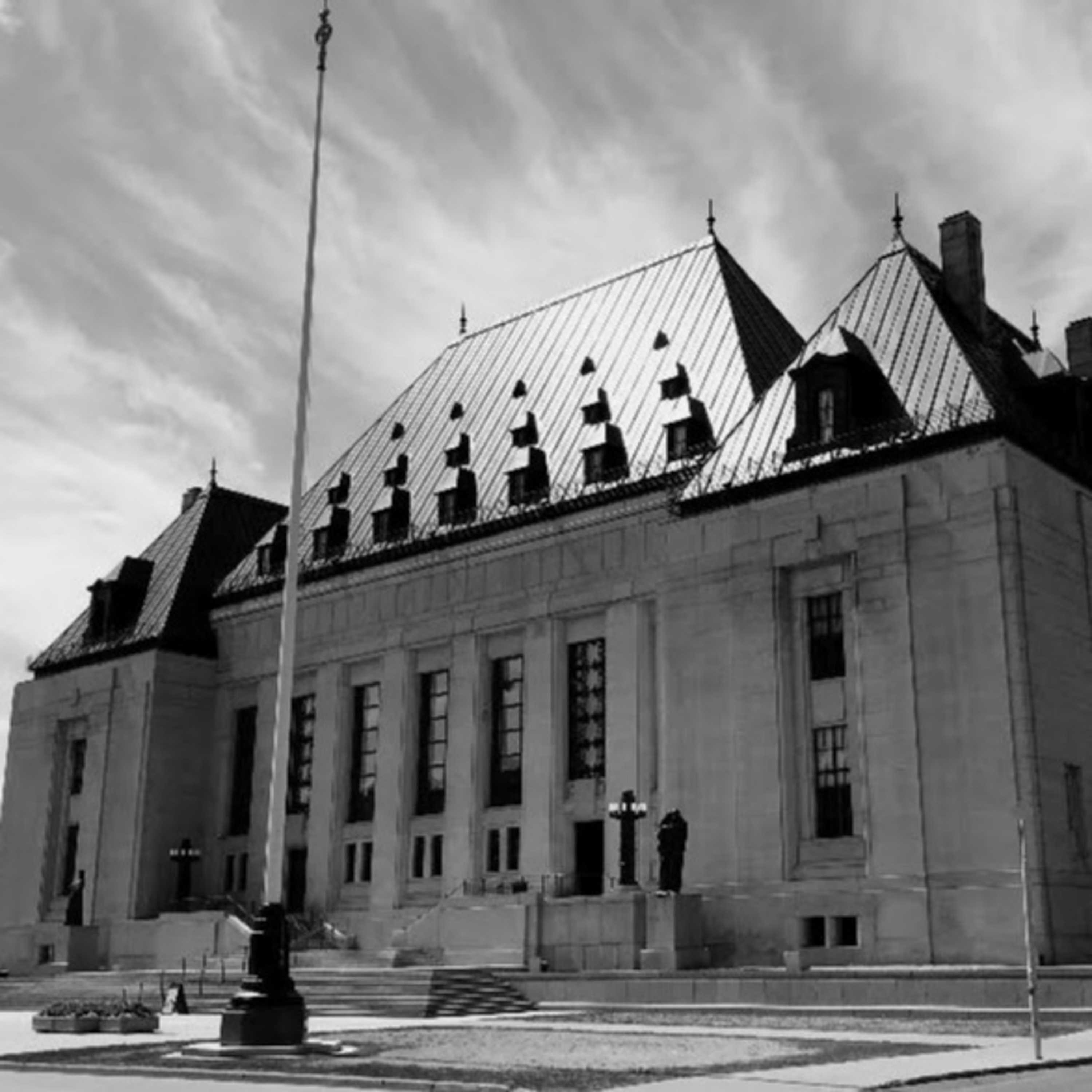His Majesty the King v. Walker McColman (39826)
The respondent was driving a vehicle, had exited the public highway, and was on private property when the police officer approached him. The officer testified that they did not see any signs of impairment prior to stopping the respondent and there was nothing unusual about his driving. The officer explained that they were exercising their authority to conduct random sobriety checks pursuant to s. 48(1) of the Highway Traffic Act, R.S.O. 1990, c. H.8. At the stop, the officer spoke to the respondent, observed obvious signs of impairment, and arrested him. The respondent was convicted of impaired operation of a motor vehicle, and operating a motor vehicle while “over 80”. The respondent’s summary conviction appeal was allowed; the conviction was set aside and an acquittal was entered. A majority of the Court of Appeal dismissed the appellant’s appeal.
Argued Date
2022-11-01
Keywords
Canadian charter (Criminal) - Arbitrary detention (s. 9) - Charter of Rights — Arbitrary detention — Exclusion of evidence —Was the police stop authorized by s. 48(1) of the Highway Traffic Act, R.S.O. 1990, c. H.8 — If there was a breach of s. 9 of the Charter, should the evidence have been excluded under s. 24(2) — ss. 9, 24(2) of the Charter of Rights and Freedoms.
Notes
(Ontario) (Criminal) (By Leave)
Disclaimers
This podcast is created as a public service to promote public access and awareness of the workings of Canada's highest court. It is not affiliated with or endorsed by the Court. The original version of this hearing may be found on the Supreme Court of Canada's website. The above case summary was prepared by the Office of the Registrar of the Supreme Court of Canada (Law Branch).
